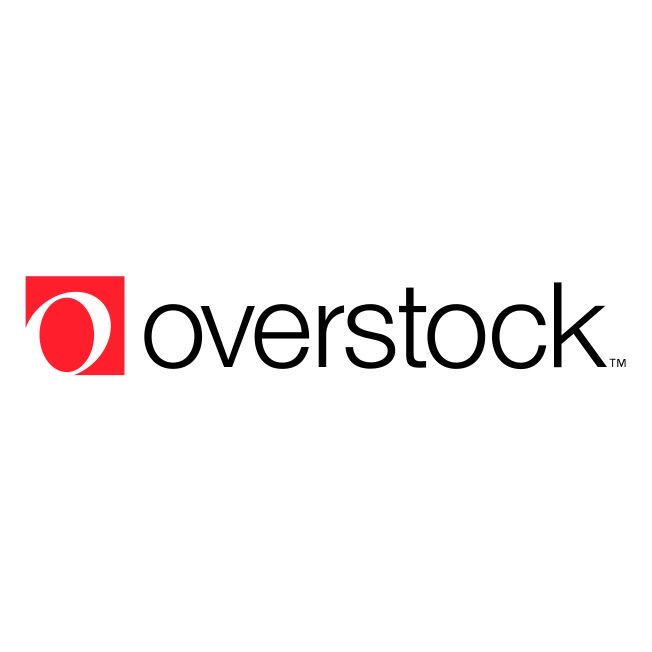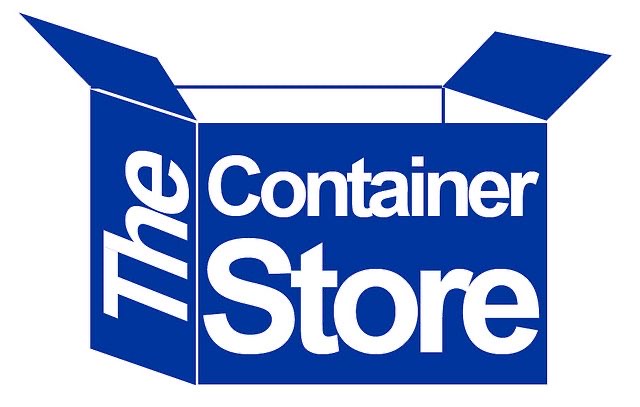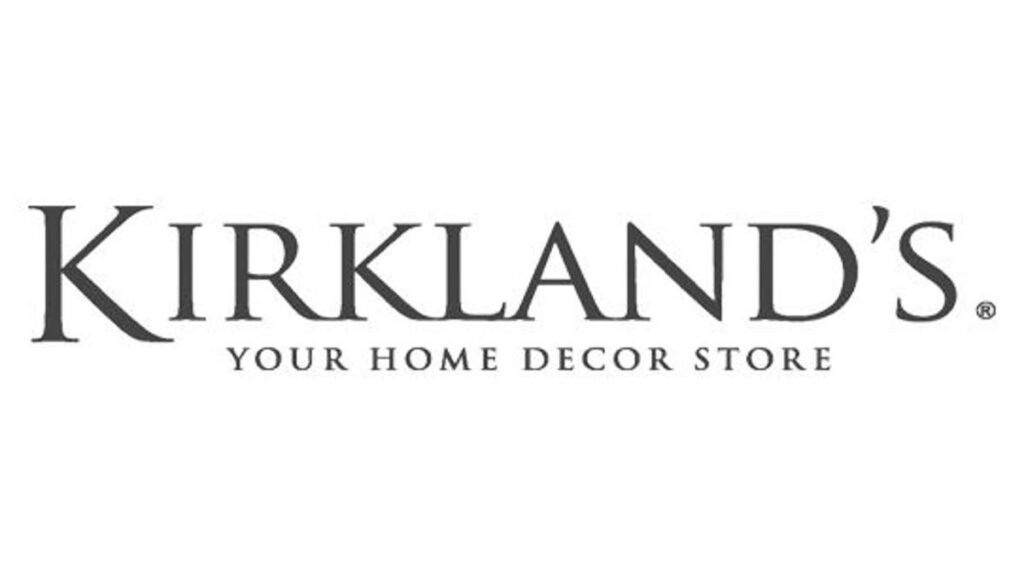Bed Bath & Beyond is making a comeback to physical stores after filing for bankruptcy just over a year after closing all its locations. The company is now teaming up with a former competitor.
The collaboration aims to bring its products back to store shelves in different places across the country. This new partnership will help Bed Bath & Beyond sell its products in brick-and-mortar stores again.
Bed Bath & Beyond’s Bankruptcy Background
Bed Bath & Beyond, a store in business for over 50 years, filed for bankruptcy in April 2023. The company was in severe financial trouble and could not repay its debts. Because of this, Bed Bath & Beyond had to close all its remaining stores. This included 360 Bed Bath & Beyond locations and 120 buy buy BABY stores, which were part of the same company.

For a while, Bed Bath & Beyond struggled to make enough money from its stores. The company struggled because of a shift in consumer behavior. It could not keep up with how people started shopping differently, especially with more people buying things online.
While trying to compete with new rivals like Amazon and attract more customers, the company made some mistakes. One of the company’s biggest mistakes was using too many coupons to attract customers. While the coupons helped to attract more people to shop there, they also meant the store made less profit. It was spending more than it was making.
In addition, Bed Bath & Beyond had trouble keeping its shelves stocked with items people wanted to buy, which frustrated customers and drove them away. Other big stores like Target and Walmart and online shopping sites like Amazon were strong competitors. These competitors offered the same types of products. However, they often provided them at better prices or with more convenience.
Bed Bath & Beyond tried to fix these problems. They closed down some stores and cut costs. They also brought in new leaders to make changes. However, these measures were not enough to turn the business around.
The company also had a lot of debt and did not have enough cash to stay afloat. Because of all these problems, it had to file for Chapter 11 bankruptcy. This type of bankruptcy gave the company a chance to reorganize its debts and sell off parts of its business to pay back what it owed.
ALSO READ: Another Fast Food Chain Facing Lawsuits Declares Bankruptcy
Overstock’s Acquisition and Rebranding as Beyond Inc.
After Bed Bath & Beyond went bankrupt in April 2023, it had to look for an investor to help pay off its massive debt of $5.2 billion. The buyer that stepped in was Overstock, an online store that is known for selling home goods.

In June 2023, Overstock bought Bed Bath & Beyond for $21.5 million. However, it only bought the brand name and some other assets. This deal did not include the company’s physical stores. It also did not include its brand for baby products, buy buy BABY, which it was most famous for.
After buying Bed Bath & Beyond, Overstock changed its name to Beyond Inc. It then shifted the Bed Bath & Beyond brand to being a 100% online home goods retailer, entirely online based. This meant that Bed Bath & Beyond no longer had any physical stores. It only existed as an online shopping site.
Bed Bath & Beyond joined Beyond Inc.’s other online stores by closing brick-and-mortar stores and becoming an online business like Overstock and Zulily. In June 2023, Beyond Inc. said it would re-launch Canada’s Bed Bath & Beyond website. The company later said it would update the website, mobile app, and loyalty program for U.S. customers.
ALSO READ: Major Furniture Retailer Abruptly Closes and Files for Chapter 7 Bankruptcy
The Strategic Partnership With The Container Store
Bed Bath & Beyond recently changed its plans by teaming up with The Container Store, which used to be a significant competitor. This new partnership will bring both brands together in the exact physical locations to attract loyal customers.

As part of the deal, Bed Bath & Beyond’s parent company, Beyond Inc., agreed to invest in The Container Store and give them $40 million. This partnership means that The Container Store will start selling Bed Bath & Beyond products in its 102 stores.
Through this agreement, Bed Bath & Beyond is making a comeback to physical stores. Its products will be set up in special sections inside The Container Store locations. The Container Store has several shops in Massachusetts and in other places, like Natick and Peabody.
Both companies want this partnership to help improve their financial situations. The Container Store will benefit by adding Bed Bath & Beyond’s well-known products to its stores, which could help it attract more customers. Bed Bath & Beyond will gain from being back in stores and from using The Container Store’s locations to reach customers.
Marcus Lemonis, the Executive Chairman of Beyond Inc., talked about this partnership. He explained that partnerships like this one help brands work together. Not just that, it also allows brands to share resources and improve how they do business. This type of cooperation can lead to more sales, better customer loyalty, higher profit margins, and smarter spending on marketing.
Satish Malhotra, the CEO of The Container Store, said the company believes this partnership will strengthen its connection with customers and help them make more money.
Beyond Inc.’s investment of $40 million supported The Container Store and helped create a worldwide loyalty program. This program offers flexible payment options and extra insurance services and helps grow The Container Store’s data platform.
Shared Customer Base and Goals for Profitability
Retail stores have had a tough time making money over the past few years, especially since fewer people have been visiting physical stores to shop. High inflation, which makes things more expensive, made things even harder. It has been more difficult for stores that sell home goods, like Bed Bath & Beyond, to keep their sales up.

Bed Bath & Beyond and The Container Store partnered to try to fix this. The partnership aims to help them start making more money in their stores again. These two companies have very similar types of customers. This made them think teaming up would help attract more people to shop at their physical locations.
They plan to use Bed Bath & Beyond’s valuable resources to make this work. These include the company’s information on how customers shop, as well as its collection of brands and business relationships. By using these resources, The Container Store hopes to better connect with its current customers and attract new ones.
Satish Malhotra, the CEO of The Container Store, said this partnership will help them reach more customers through both companies’ networks. He also mentioned that they can utilize Bed Bath & Beyond’s experience in online shopping to improve The Container Store’s tools for selling both online and in stores.
Although much focus has been on bringing Bed Bath & Beyond products back into stores, this is not the only objective. This partnership will go beyond just physical stores to help both companies in other ways to support their growth and success.
Leveraging Beyond Inc.’s Data and E-commerce Expertise
Beyond Inc. will also partner with another home goods company that used to be a rival. It is teaming up with Kirkland’s KIRK to open five smaller Bed Bath & Beyond stores. In this partnership, Kirkland would run these stores and have the right to use the Bed Bath & Beyond name.

Kirkland’s sells home décor and furniture and has 325 stores in 35 states. Beyond Inc. and Kirkland’s have been competing for years because both companies sell similar products and target the same type of shoppers. But now, they are working together.
Beyond Inc. hopes to make more money by joining forces with Kirkland’s. The company expects to earn more money by offering more products, improving its supply chain to save costs, and better managing its inventory.
Kirkland’s will also join Beyond Inc.’s loyalty program and data systems. This will help them attract and retain customers while spending less on marketing.
Beyond Inc. is putting $25 million into Kirkland’s through loans and buying shares. They aim to help Kirkland grow and improve its finances. This deal should help both companies strengthen their businesses and reach more customers.
Beyond Inc. and Kirkland made a deal where Beyond Inc. is giving Kirkland $17 million in financing. This means Beyond Inc. is lending money to Kirkland’s. Out of this amount, if Kirkland’s shareholders agree, $8.5 million will be used to buy Kirkland’s common stock for $1.85 per share. This is like Beyond Inc. investing in Kirkland by purchasing some of its shares.
Beyond Inc. also plans to buy another $8 million worth of Kirkland’s stock at the same price. The two companies also agreed on a seven-year deal. Beyond Inc. will earn a small fee of 0.25% from Kirkland’s retail and online sales in this deal. It will also get a bigger 1.5% fee from any extra growth in Kirkland’s online sales. This will start in Kirkland’s first fiscal quarter of 2025.
They also made a trademark license deal. This means Beyond Inc. will earn 3% from the net sales that Kirkland’s stores make. They will only earn this when Kirkland’s store uses the Bed Bath & Beyond brand during the time of their partnership. After the partnership ends, Beyond Inc. will make 5% of those sales.
Beyond Inc.’s Executive Chairman, Marcus Lemonis, talked about the partnership. He said that using an approach that combines online and physical stores is very important for Bed Bath & Beyond’s success. He also mentioned that Beyond Inc. trusts Kirkland’s management and systems. They believe the management is the right choice that will help to bring the well-known Bed Bath & Beyond brand back to life.

